Meet // Geaux Girl
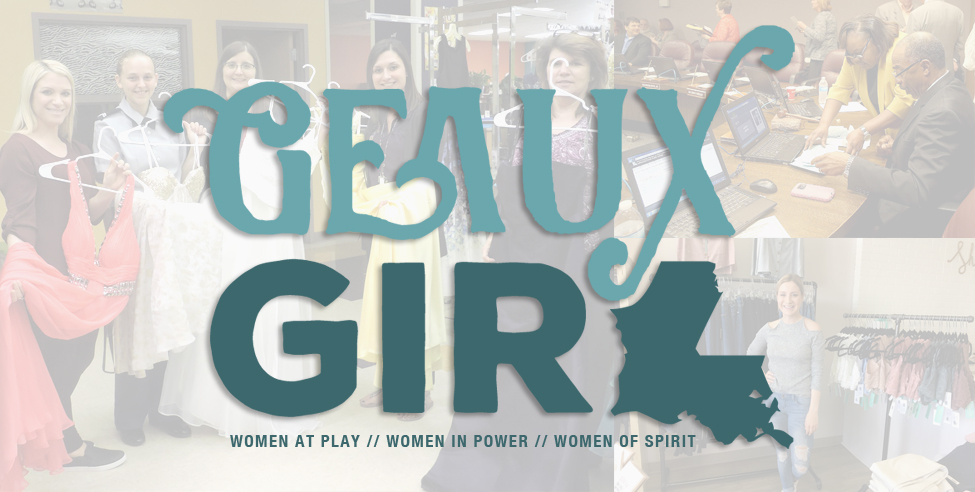
Women of Spirit // Geaux Girl
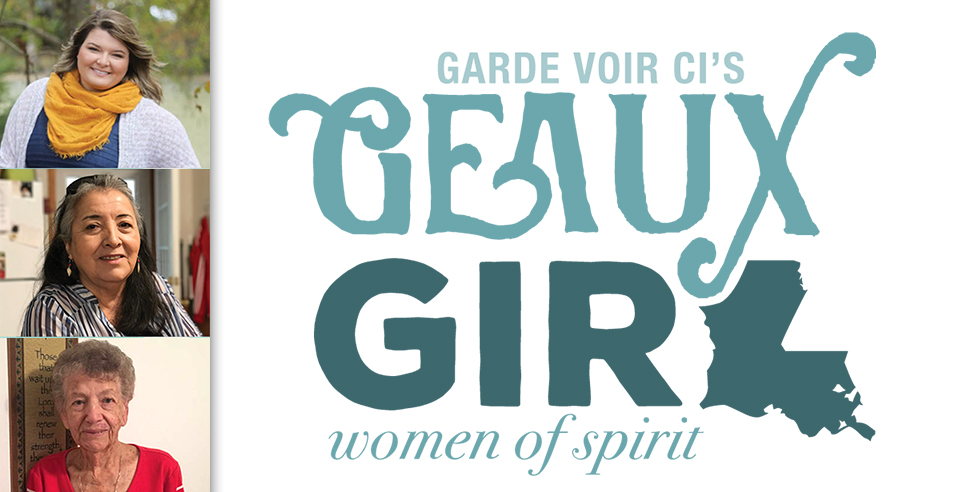
by Jessica Taylor, Features Editor Faith plays an important role in the lives of people in South Louisiana. From Native-American religious ceremonies, to voodoo rituals and Christian masses, faith in the South has multiple faces. Native American Much more than a personal relationship between the faithful and their devotion, women in South Louisiana are proud […]
Women in Power // Geaux Girl

by Jessica Taylor, Features Editor From protecting individuals for the improvement of the community to successful businesses, the women of South Louisiana are an example of the impact empowered women can have in our community. “Women in South Louisiana are powerful because they don’t limit themselves,” says Laura Valenti, professor of marketing at Nicholls State […]
Women at Play // Geaux Girl

by Jessica Taylor, Features Editor Southern Louisiana is known for its unique culture, ambition in life, and the women who make this happen. From fitness to art, the women at play in Louisiana show their strength by bringing something special to everything they do. Jenny Lafont, fitness instructor at the Nicholls State Recreational Center and […]
Garfish Scale Art // United Houma Nation
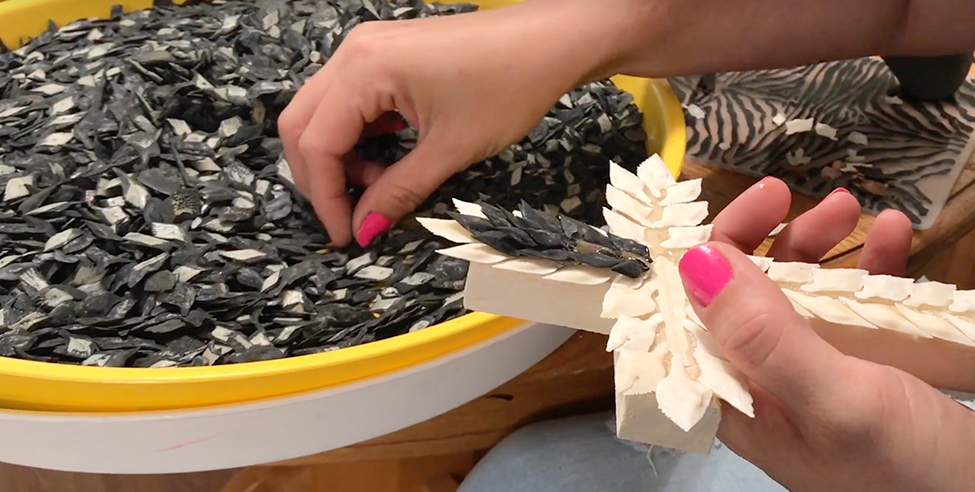
by Tatum Gehbauer, Video/Audio Editor Meet these Bayou Women of Spirit
Mother-Daughter Venture // Ginger & Bee
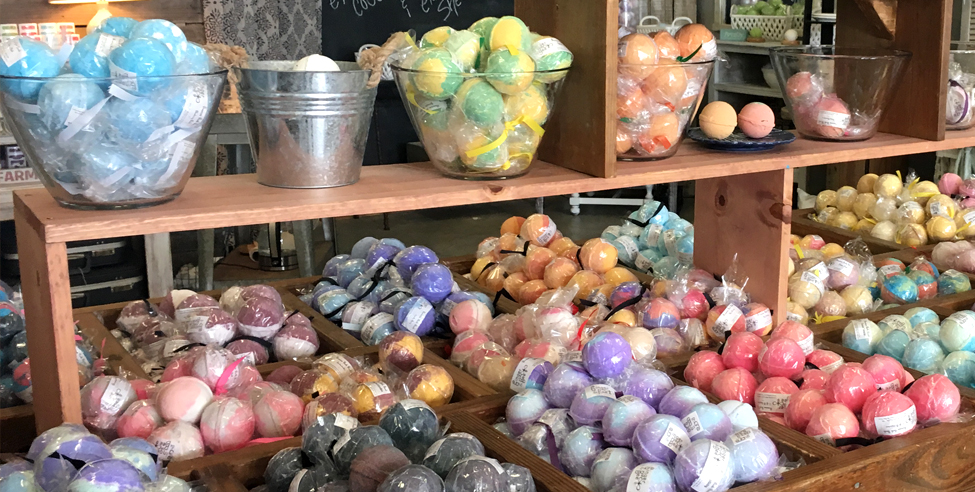
by Angelle Gaspard, Managing Editor Meet these Bayou Women in Power
Quintessential Crawfish // Holly Marie’s Seafood
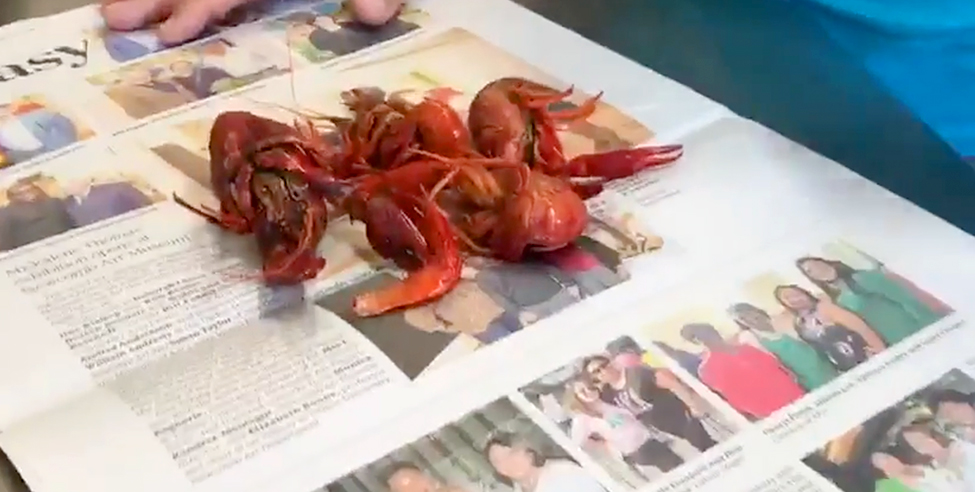
by Sarah Zeringue, Design & Web Editor Editor Holly Marie is not your typical Monday-Friday business owner. She works hands on providing the Mathews and surrounding area’s finest seafood. Whether it’s fresh from the boat or boiled to perfection, she works diligently to provide the community with the best catch. Not only does she serve […]
Bayou Inspired Creations // Lucyfree Art
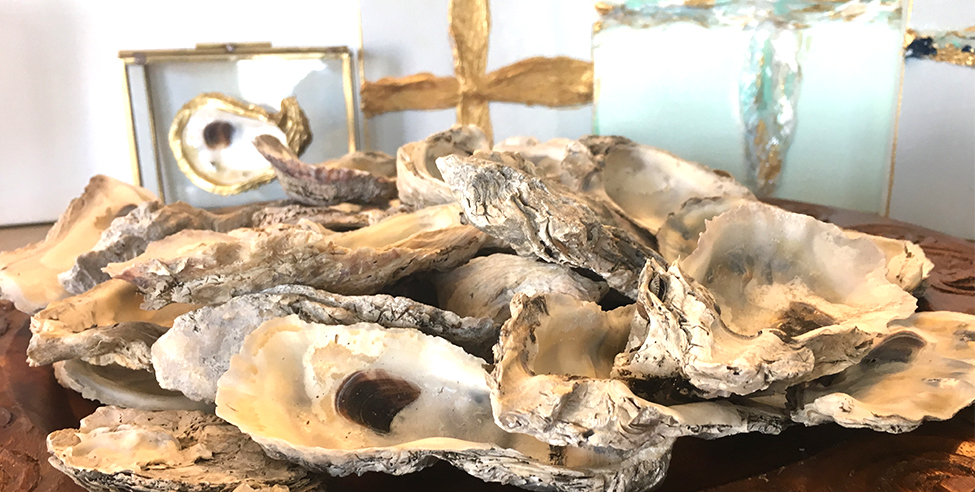
by Angelle Gaspard, Managing Editor Meet these Bayou Woman of Play
Cajun Faith & Healing // Traiteurs
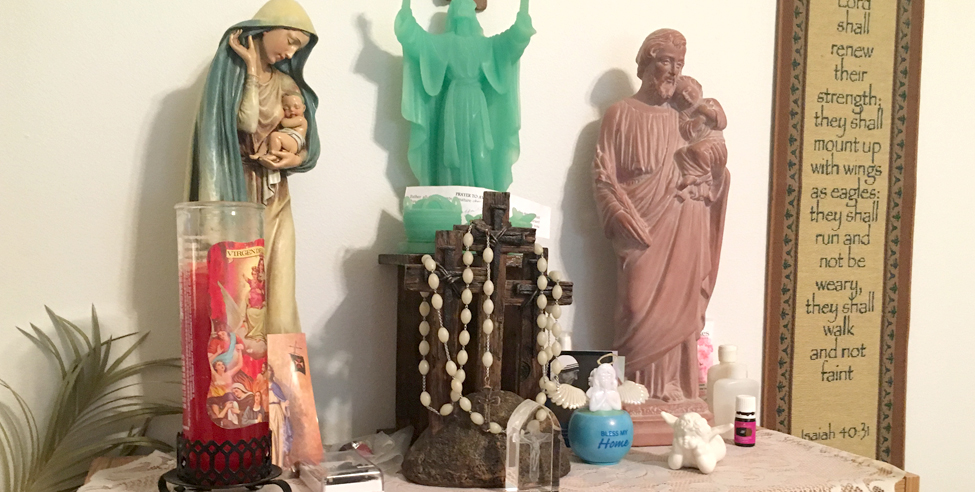
by Angelle Gaspard, Managing Editor Traiteur. Treater. Healer by faith. What was once a common practice in South Louisiana has since died down. Gheens is a small town that follows a long, rough road between Matthews and Raceland. Edna Quick lives in the middle of this small town. Quick is a practicing traiteur and the […]
Serving Her Country // Jennifer Marts
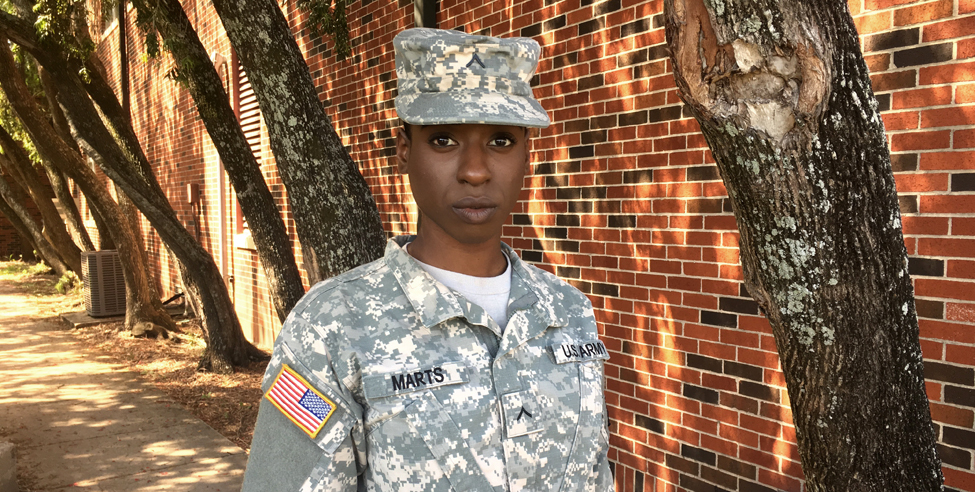
by Jessica Taylor, Features Editor Balancing academic work while being an active member of the United States Army is a task that Nicholls State University Mass Communications student Jennifer Marts has mastered. Protecting our country is one of the things that make the women of South Louisiana so special. The defense of our nation is […]
